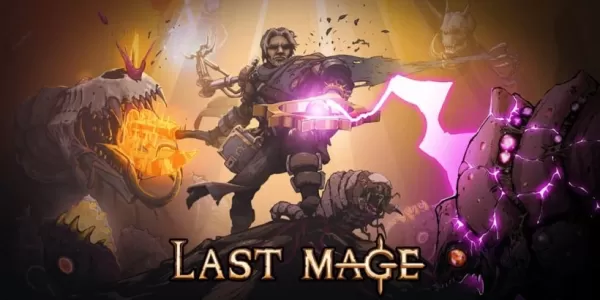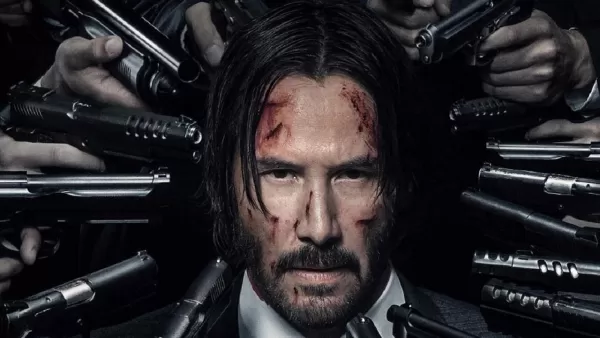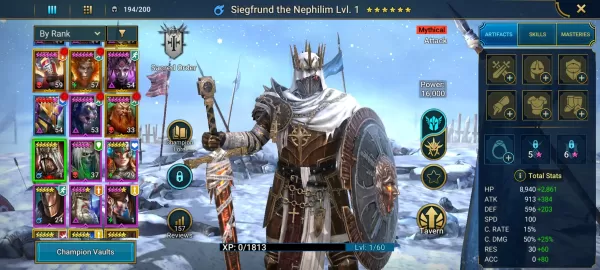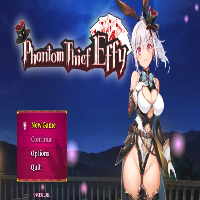One of the most memorable moments in the entire Assassin’s Creed series occurs early in Assassin’s Creed 3, as Haytham Kenway assembles his team in the New World. Initially, players are led to believe these are fellow assassins, given Haytham's use of a hidden blade and his charismatic demeanor reminiscent of Ezio Auditore from previous games. Up to this point, Haytham plays the role of a hero, liberating Native Americans and confronting British redcoats. However, the revelation comes when he utters the phrase, "May the Father of Understanding guide us," signaling to players that they have been following the Templars, the sworn enemies of the Assassins.
This twist exemplifies the pinnacle of Assassin’s Creed’s storytelling potential. The original game introduced a compelling concept—hunting and assassinating targets—but lacked depth in character development for both protagonist Altaïr and his victims. Assassin’s Creed 2 improved this with the iconic Ezio, yet failed to give similar depth to his adversaries, notably Cesare Borgia in Assassin’s Creed: Brotherhood. It was with Assassin’s Creed 3, set against the backdrop of the American Revolution, that Ubisoft truly invested in developing both the hunters and the hunted, resulting in a seamless narrative flow and a balance of gameplay and story that has yet to be matched in subsequent entries.
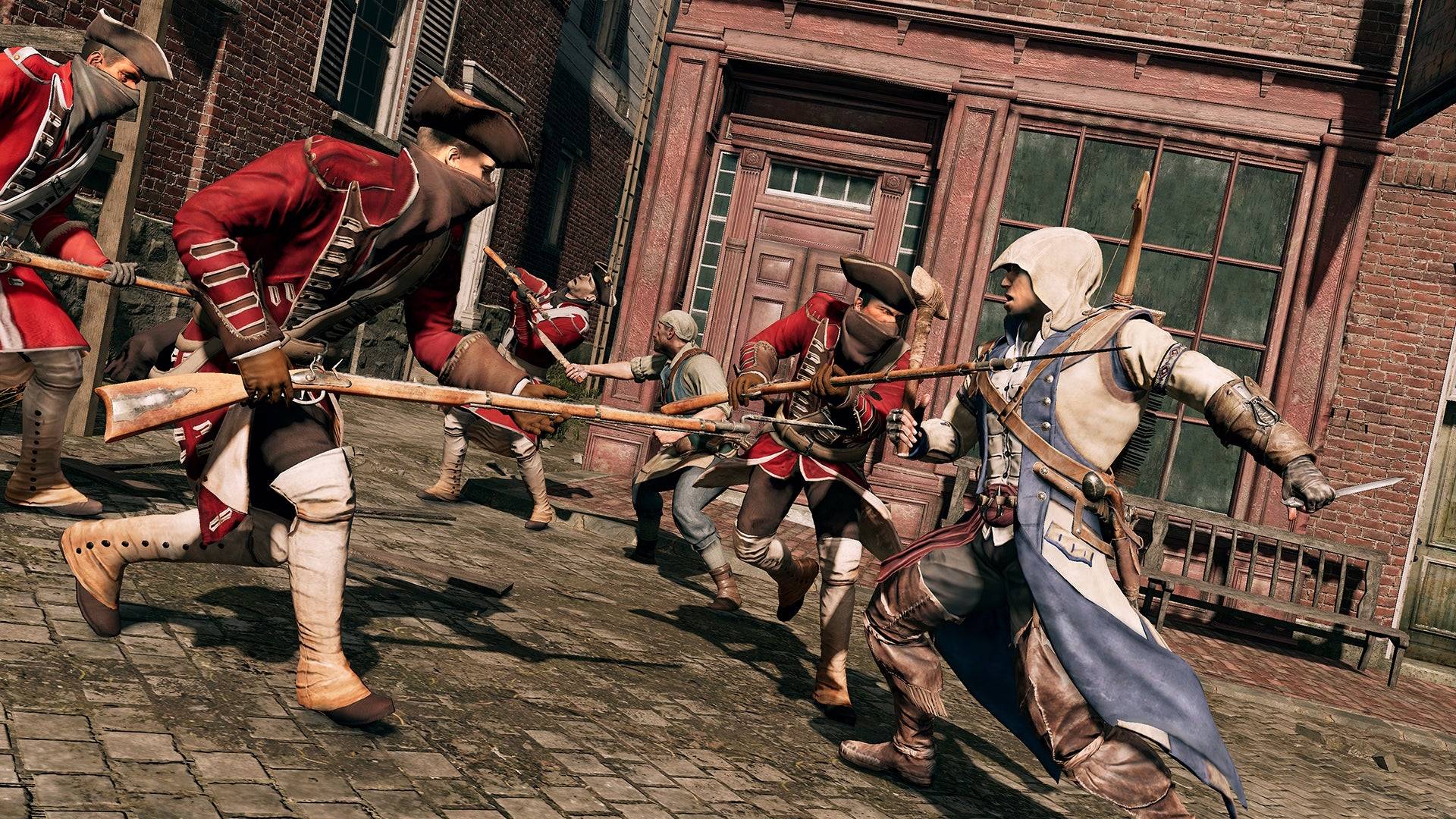
Despite the popularity of the current RPG era of the series, there's a consensus among players and critics that Assassin’s Creed has been on a decline. The reasons are debated: some criticize the increasingly fantastical elements, like battling mythological beings such as Anubis and Fenrir, while others question the inclusion of diverse romance options or the use of historical figures like Yasuke in Assassin’s Creed Shadows. Personally, I believe the series' decline stems from moving away from character-driven narratives, now overshadowed by expansive sandbox worlds.
Over time, Assassin’s Creed has expanded its original action-adventure formula with RPG elements such as dialogue trees, XP-based leveling, and microtransactions. Yet, as the games have grown larger, they've begun to feel more hollow, not only in repetitive side missions but also in their core storytelling. Assassin’s Creed Odyssey, for example, offers more content than Assassin’s Creed 2, but much of it feels less polished and engaging. The addition of player choice can disrupt immersion, as scripts become stretched to accommodate various outcomes, diluting the focus and depth of character development seen in earlier, more linear games.
This shift has impacted the writing, with characters feeling less like complex historical figures and more like generic NPCs. In contrast, the Xbox 360/PS3 era produced some of the series' finest writing, from Ezio’s passionate speeches to Haytham’s poignant final words to his son, Connor:
"Don't think I have any intention of caressing your cheek and saying I was wrong. I will not weep and wonder what might have been. I'm sure you understand. Still, I'm proud of you in a way. You have shown great conviction. Strength. Courage. All noble qualities. I should have killed you long ago."
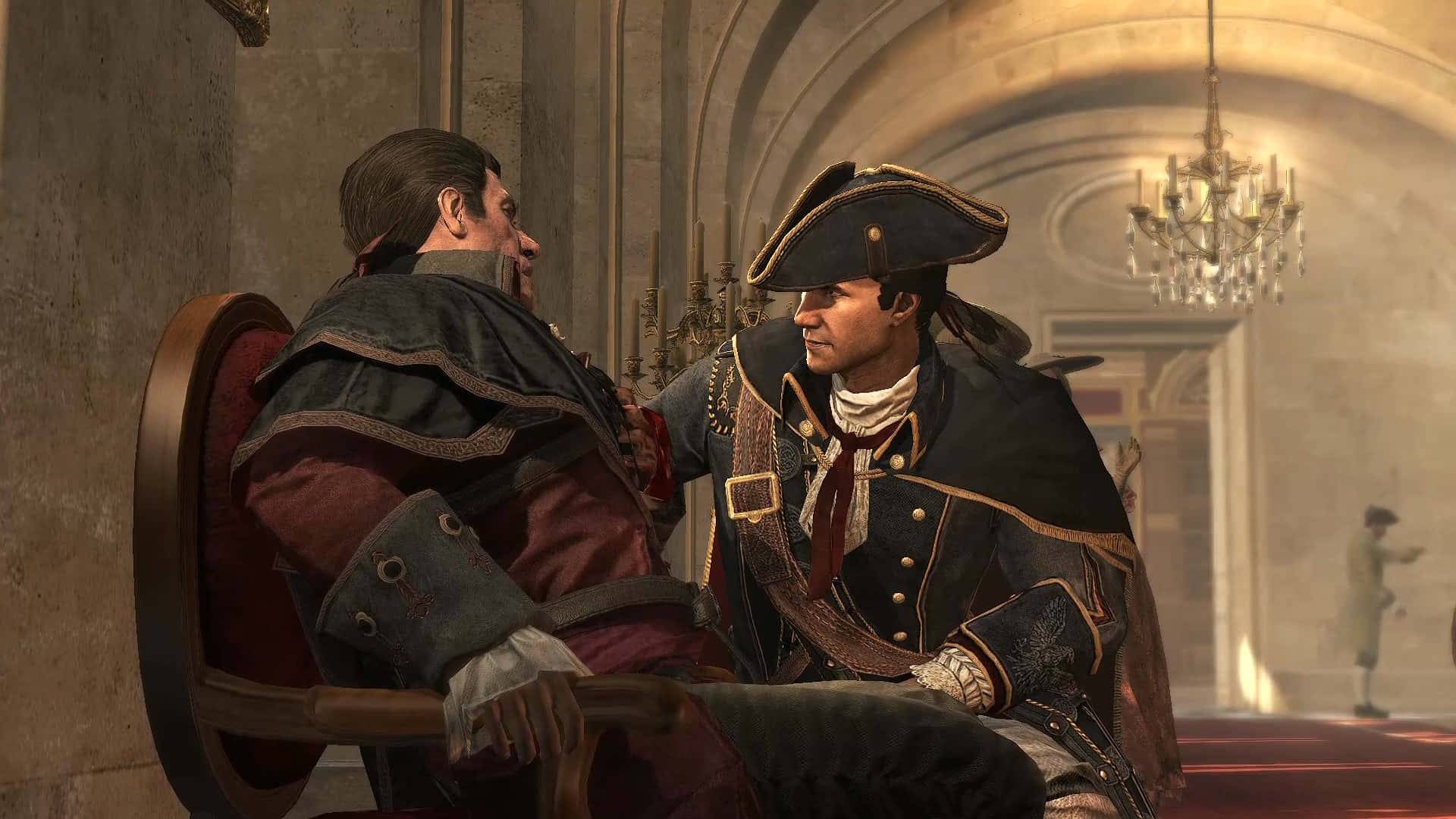
The narrative approach has also simplified over time. Modern games often present a clear moral dichotomy between Assassins and Templars, whereas earlier entries, especially Assassin’s Creed 3, blurred these lines. Each Templar Connor kills challenges his beliefs, with figures like William Johnson, Thomas Hickey, and Benjamin Church questioning the morality and feasibility of the Assassins' cause. Haytham himself attempts to undermine Connor's trust in George Washington, foreshadowing the eventual revelation that Washington, not Charles Lee, ordered the burning of Connor's village. This ambiguity leaves players with more questions than answers, enhancing the narrative's depth and impact.
Reflecting on the series' history, the enduring appeal of the track "Ezio’s Family" from the Assassin’s Creed 2 soundtrack underscores the emotional resonance of those character-driven stories. While I appreciate the expansive worlds and visuals of newer Assassin’s Creed games, I hope the franchise can return to crafting tightly knit, character-focused narratives. However, in today’s market, dominated by vast open worlds and live service elements, such a return might not align with current industry trends.



 LATEST ARTICLES
LATEST ARTICLES 